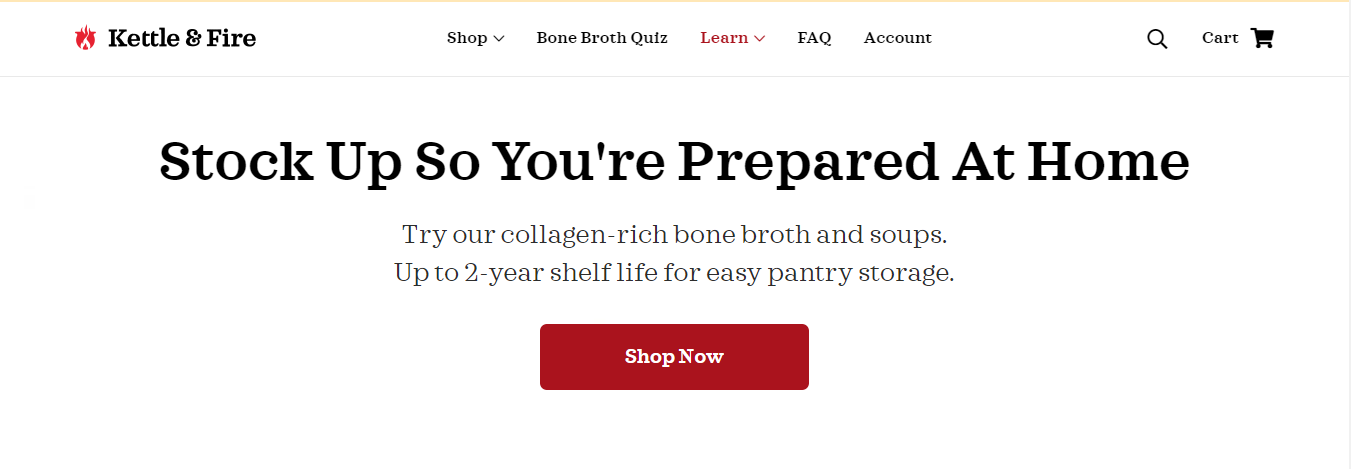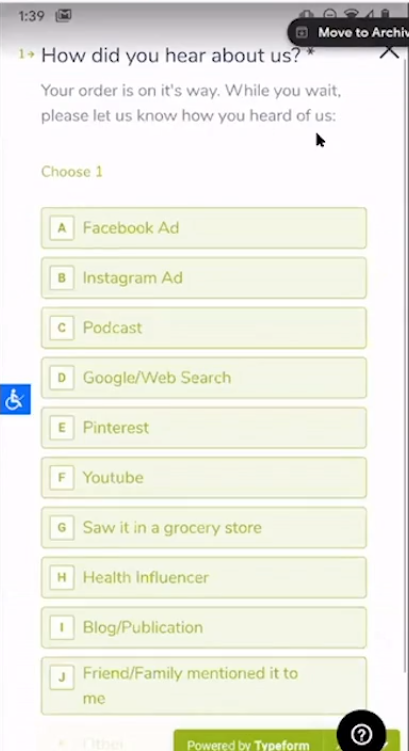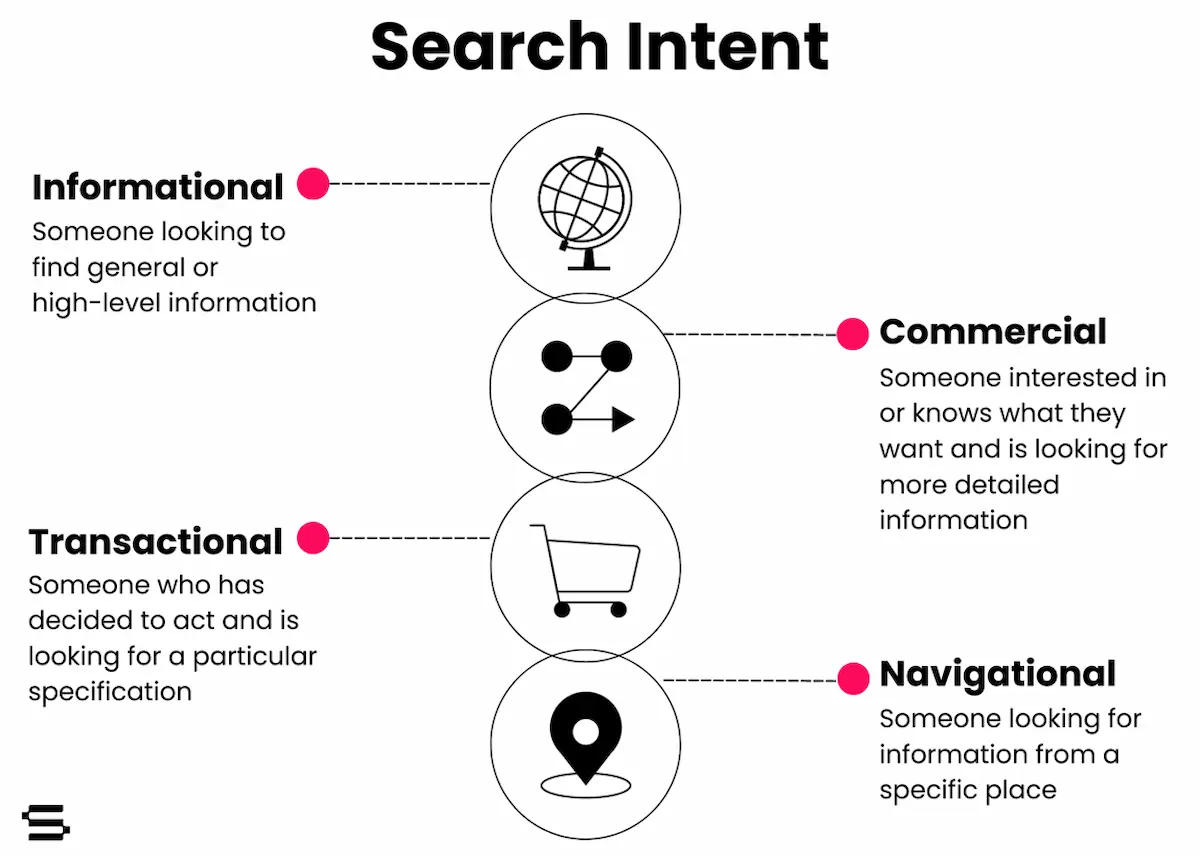How Can You Take Advantage of Public Data if Yours is Limited?
Watch the Video:

Read the Transcript:
Using the data available to you through tools like SimilarWeb, SparkToro, and leveraging public industry reports and competitive data.
But a great baseline for everyone is audience research: surveys, interviews, etc.
Again, depends on who you are, but there's almost always data available to you. I think one of the smartest things that you can do is if you are early stage or very small, you can look at data from bigger players and providers.
[In comparison to Jumpshot’s clickstream anonymized aggregated data], SimilarWeb provides some extraordinary data-- much of it for free and a good amount that you can get through their paid pro product, which is fairly expensive but can be worthwhile.
💡 Tip #1 -- Industry Research
You could subscribe to SparkToro for a quarter or six months and get a lot of data that way. There's also industry reports and competitive data that you can get from trade aggregators.
To be honest, my favorite data that's most useful very early on is surveys and interviews. That would be my baseline for everyone.
💡 Tip #2 -- Audience Research
Go survey a few hundred people, if you're having a challenge, find the influential sources either through paid or organic outreach, and get them to amplify for you.
If you are having trouble breaking through to an influential source: a publication or a person, go subscribe to their newsletter or their blog and then send a reply.
So you go subscribe to this Sparktoro blog, you get an email when we publish, you reply with:
Oh I love this, this is really great.
Hey could you help me out with.....-- guaranteed response.
If you have created a relationship, it's perfect, that would be something I'd use on that survey side.
Then you want to have some of those in person interviews cause that data is extraordinary, and then you could layer on SimilarWeb stuff as well.
Wil Reynolds:
The reason why I pointed to you on that one Fish is cause, I know you've just dealt more with the Jumpshot data set.
If I don't have my own, I tend to think the hard part about broad based data is take a non-HubSpot company that competes with HubSpot. You could have this data that says when ranking #2, I can do this. Yet HubSpot will always just do more with that rank because people like them more than they might like you [brand recognition].
Another example, Amazon, when you see them ranking, they might be #5, but I know I'm gonna get my stuff in two days most of the time. A different company (say a competitor) ...? Maybe not. It's more risky for me when I want it quickly.
So like there's so many nuances that are playing with people at that time that's why I've just personally just love to get my own, which is not what the person asked.
If you can't get your own data, then I think that what Rand said is the best way.
Rand Fishkin:
Wil, you are hitting it exactly right.
If you're competing against big company in your space already and you're a smaller player, I think you have to find that emotional story that speaks to the small audience that you serve better.
Hey, those big banks, suck at joint checking accounts, they don't even use the word joint [on landing pages].
They're not showing to people, they're not LGBTQ friendly, and we are, whatever it is, those things are great ways to identify gaps in the market. I'm going to serve small audiences that's better for me than HubSpot is, look for those people who are missing an experience and then you sort of serve them.
Wil Reynolds:
You know what's interesting is, all these people that are buying box stuff, box of fish, etc. -- food shipping, those companies might get a little overconfident right now.
What you need to do is survey the hell out of your customers and then learn how to pivot your marketing in a world where I can just go get the fish. Now you want me to remind me that you work with local farmers, that you do these things that I might really care about.
You better have a hook to bring me in later because eventually convenience will win again at some point.
All that stuff I felt so great about supporting and buying local is going to be like, yeah, but Acme (or whatever shopping markets) right there, you know?
💡 Tip #3 -- Deepen Audience Connection
If you're growing right now, survey the hell out of your customers to understand what makes them tick.
Understanding what publications they follow, how they think, what podcasts they listen to-- you understand them at a deeper level.
All of a sudden your marketing can attach to that, which is going to give you more staying power after all of this is hopefully over.
Surveying at the Right Time
Rand Fishkin:
This is from this website, Kettle and Fire, they make bone broth in Austin, Texas.

They've changed their messaging, “Stock Up So You're Prepared At Home”, right?
But check out what happens when you buy from them (I bought on mobile, I ordered a bunch of stock because Charlie and I really liked it.):

They have this survey that you get right after you check out and it says:
- How did you hear about us?.
- Which blog publication?
- Which health influencer?
It’s so smart to ask right at that time-- after the conversion's done, but before they've left, this Typeform survey pops over and they just get extraordinary data from this.
Obviously Sparktoro can can help with a bunch of this stuff too, but it was just so smart to me that they were collecting this data, and then using it for their future marketing cause they can really get inside the mind of their audience.
Even if you don't go pitch the leads, if you just pay attention to the same sources your audience pays attention to, you understand your customers and what they're like getting in their world, what's being talked about In a way that your competitors don't.
This is something I think small businesses can do so much better than big ones.
Taking Facebook Lookalikes to the Next Level
Wil Reynolds:
One of our clients was like:
If everybody has the same information and keeps throwing it into Facebook's algorithm for lookalike audiences, at some point, if I don't find a new data source to add in to my data to get very different look like audiences, we're all kind of competing with each other for basically the same thing.
I sell shoes, I need to know size and gender.
I'm going to upload that into Facebook for lookalike audiences and sure, there'll be some nuances there, but at some point, every shoe seller is selling the same stuff.
Whereas if you have another data set that you're also laying or layering in next to those things, Facebook's gonna be much more different and more efficient for you than everybody who's like, “OK -- [Gender] Female; [Shoe Size] 6” -- uploads and done.
The stuff you're talking about, I never thought of until a client said this to me once:
I like [Search Marketing] data because I can combine it with other sources to create very different audiences than my competitors are creating.



